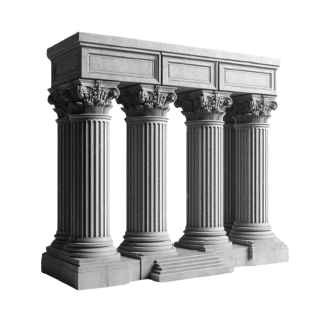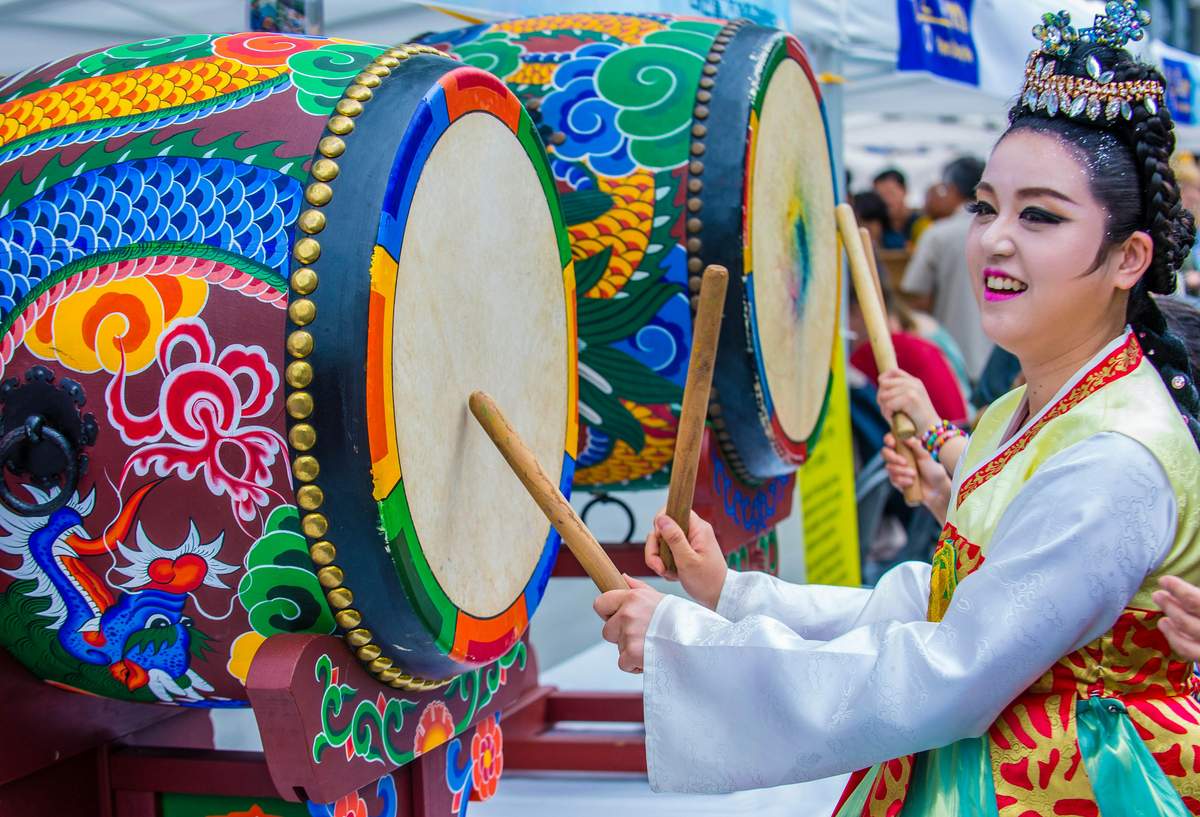

Getty Images/iStockphoto
Overview
Gwangju (광주), Korea's sixth-largest city, is defined by its powerful political history and reverence for creativity. Often considered the birthplace of Korean democracy, the effects of the May 18 Democratic Uprising – a 1980 mass protest against South Korea's then-authoritarian military government – remain a strong part of the city's identity. Art abounds at every turn thanks to a wealth of museums, exhibitions and festivals that are bolstered by civic investment.
Leave the planning to a local expert
Experience the real Gwangju. Let a local expert handle the planning for you.
Must-see attractions
Get a book. Get inspired. Get exploring.
in partnership with getyourguide







